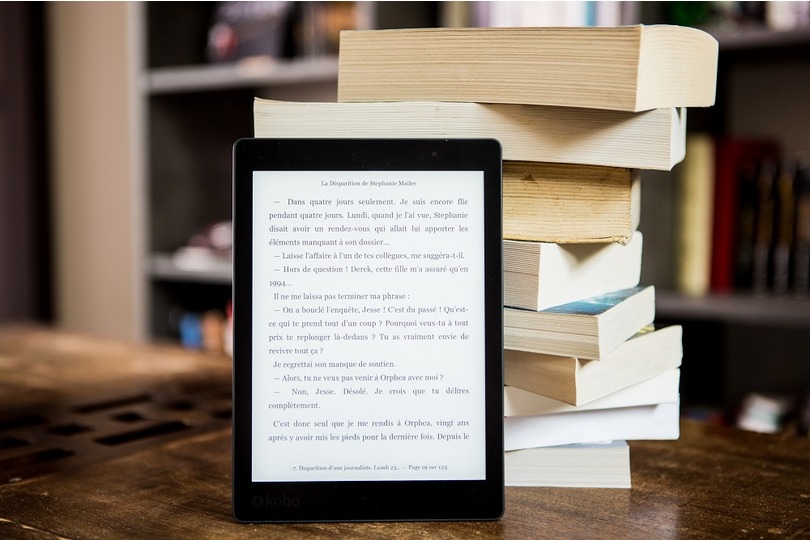The Popularity of e-books Has Contributed to their High Market Value
Libraries don't buy electronic books. The publishers won't permit it. For a set term, usually two years, we purchase an e-book.on Nov 24, 2022

More than half a billion "e-items" were checked out in 2021, according to Pew Research, a 55 percent increase from the previous two years. People are generally uninformed of the conflict between the publishing industry and public libraries, which makes it difficult for libraries to keep up with the demand for these more popular commodities.
Let's Take a look at the Challenges:
Libraries don't buy electronic books. The publishers won't permit it. For a set term, usually two years, we purchase an e-book. Then another purchase is required. On the other hand, we only repurchase a physical book when it is mistakenly dumped in a puddle of mud or is nibbled on by a dog.
Consumer prices are not available to libraries. An ebook can cost you $12.99 and be yours forever, but a library may pay $50 to loan the same book for two years. But we receive excellent savings on paper books.
There are situations when libraries lack rapid access to e-book purchases. Many publishers sell to the general public before libraries when a popular title is released. Additionally, the publisher may elect to sell a single copy of an ebook to a single library, even if that library is among the biggest in the nation.
Consider a Milwaukee library that only has one copy of a popular book. There could be hundreds of people waiting.
For years, libraries were unable to purchase Amazon titles. The selection of products is still restricted.
One patron, one electronic copy is the model that libraries must explain to new readers. An e-book may theoretically be read by numerous persons at once. E-books, however, are identical to printed books. You must wait for your turn.
Not a charity, but a company is publishing. Publishers are adjusting to survive as a result of how Amazon has turned the industry upside down. We recognize that publishers must be lucrative, but there must be a fair balance struck between profitability and America's long legacy of public libraries.
A fundamental principle of libraries is intellectual freedom. We offer open access to information, which is a crucial tenet of democracy. For nearly 200 years, American libraries have provided education, information, and entertainment.
Continue looking over those e-books. We also enjoy them. However, if you're upset about the waiting or the fact that we don't have the newest book by your favorite author, know that librarians all around the country are fighting for more titles and shorter waitlists.



.jpg)






.jpg)

.jpg)
.jpg)
.jpg)
.jpg)
.jpg)










Sorry! No comment found for this post.